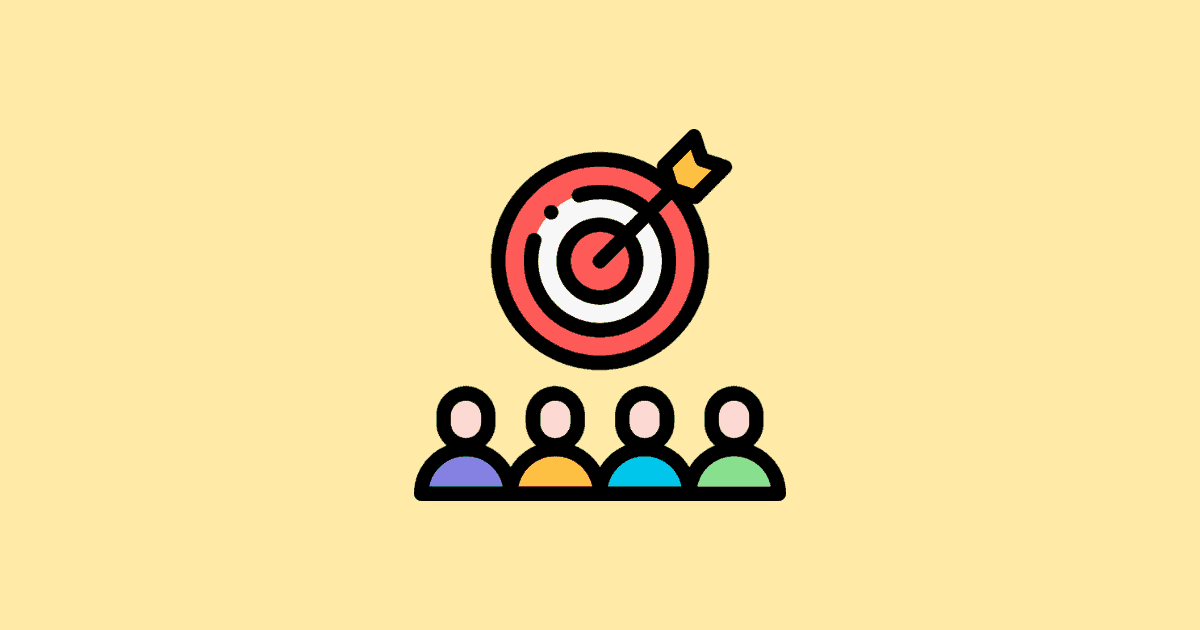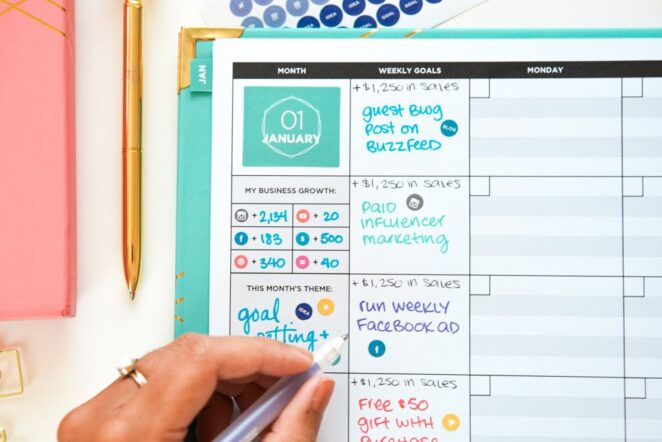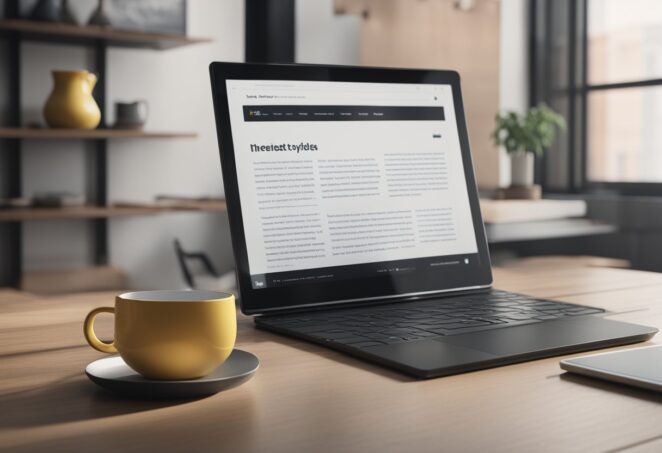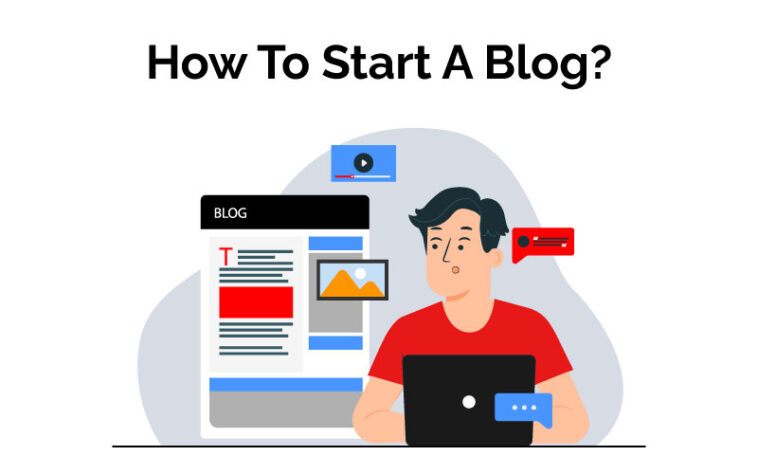Blogging can be an engaging and creative way of sharing thoughts, hobbies, expertise or business insights with others. From creative expression and engaging an international audience online – to growing your career online – starting a blog can be extremely fulfilling and open up doors in unexpected directions.
At first it may feel daunting with all its platforms to select, content creation requirements and technical issues; but don’t panic–starting one doesn’t need to be stressful and strain your sanity–with confidence and careful strategic planning you can create a successful blog such as LinkHive without losing it all in just minutes! Let us walk through how best you can start one with ease and confidence!
Before beginning blogging, it’s essential that you clearly define its purpose and niche audience. What motivated you to begin this venture in the first place? Is your aim documenting personal experiences, educating others on a topic, or marketing an organization or product? A clear vision will keep your blog on course, keeping both yourself motivated and focused throughout its creation process.
Selecting your niche is also key in creating a blog. Doing this allows you to carve out an identifiable space within the vast blogosphere while reaching specific groups who share similar interests as yourself – appealing to everyone may result in scattered and aimless writing on your part!
When considering potential niches for your blog consider your passions, interests and expertise: are they food related; fitness related; travel related; digital marketing related or personal finance based. Once chosen a niche stick with it-consistency is key when developing loyal audiences.
Once You Understand Your Blog’s Purpose and Niche

Now it’s time to select the appropriate platform for your blog. There is an abundance of platforms on offer with varied features and customization capabilities; as a novice blogger it may be daunting with all these choices, but here are a few tried-and-tested platforms with user-friendly designs as well as great community support that may work better for you.
WordPress is one of the world’s premier blogging platforms, known for being flexible and customizable as well as offering a vast variety of themes and plugins that make creating professional-looking blog easy even without prior programming experience. With WordPress you can effortlessly craft professional-looking sites without breaking a sweat coding away!
Wix is another fantastic platform. Ideal for users seeking an effortless drag-and-drop builder that requires minimal setup, Wix allows users to focus more on content creation rather than technical details. It makes creating websites simpler!
Medium provides an easier blogging experience that puts an emphasis on writing rather than design or maintenance concerns, making it ideal for content creators looking to share their story without worry over website setup and management costs.
Make sure that whatever platform you select meets both your needs and goals. Keep in mind that some platforms are free while others may require paid plans in order to offer additional features or customization.
Select Your Domain Name and Hosting Service
Picking out a domain name can be one of the most thrilling parts of starting a blog! Your blog domain address, www.yourblogname.com, serves as its address on the internet (ie yourblogname.com) and forms an essential element of brand identification.
When picking out a name for your blog domain address (www.yourblogname.com), try choosing something memorable yet easy-to-spell that relates directly to its niche content or theme such as food blogs such as “TheBiteIsRight.com” would work great as it would immediately make an impressionful first impression when entering an industry segment!
For example a food blog could start like that way or something catchy like “TheBiteIsRight.com” would catchy and appropriate as this address should reflect its topic/theme effectively!
As soon as you’ve selected your domain name, the next step should be purchasing and selecting a hosting service provider for it. A hosting provider allows visitors to your blog to access it online; popular examples are Bluehost, SiteGround and HostGator among many others – some even provide easy WordPress installations which save time and effort when starting up online business!
Develop a Content Plan

A primary challenge facing beginner bloggers is maintaining consistency when posting. Blogging can be time consuming and without an organized content calendar in place to guide posts across your niche topics, it can quickly lead to burnout. In order to keep yourself going and avoid burnout altogether, create a calendar plan of the topics and posts you wish to cover within it.
Start by brainstorming topics related to your niche for blog posts. When you have an initial list, rank these potential posts according to what would best appeal or serve your target audience.
Concentrate on Quality Content
An integral part of blogging success lies in creating high-quality content. While it can be tempting, as a new blogger it can be tempting to publish as many blog posts as possible to fill your space. It’s really more effective to focus on writing the kind of articles that offer real value to readers rather than publishing so many pieces just to make space on your page.
As you write your posts, take time to consider your audience’s needs and issues that they wish to solve. Give actionable tips, detailed how-tos or in-depth insights that can assist them with accomplishing their goals. Strive to write in an accessible, conversational tone without using too much technical jargon that might alienate new readers.
Always remember that your text must be original! Avoid copying from other authors. Yes, even plagiarism. Google prefers original material and it rewardds blogs that have original content with high rankings in search results.
Don’t Stress About Perfection

Beginning bloggers often make the mistake of overthinking perfection when producing high-quality posts. While producing top-quality content is necessary, don’t allow fear of mistakes to keep you from starting! Your first posts don’t need to be masterpieces-they just need to be honest and beneficial!
As your experience expands, so will your writing and blogging abilities. The key is taking immediate steps forward while learning as you go; over time you’ll fine-tune your style, test various formats, and find what resonates most with your target audience.
Ok, now what?
Now that your blog is ready, it’s about time you promote it and find some readers. For this, use social media like Instagram, Facebook, Twitter and Pinterest – these platforms allow readers to access and engage with content created specifically for them – or consider email marketing to reach new posts as soon as they become live and other updates are released to their subscribers.
Consider expanding your reach by guest blogging on other websites or joining forces with fellow bloggers in your niche to expand and attract more readers for your blog. Guest posts or collaboration can also help widen its readership



